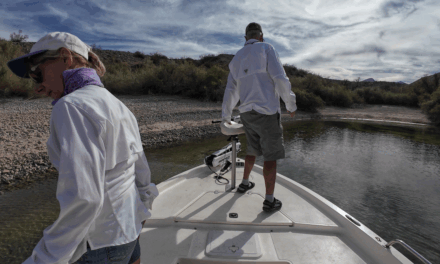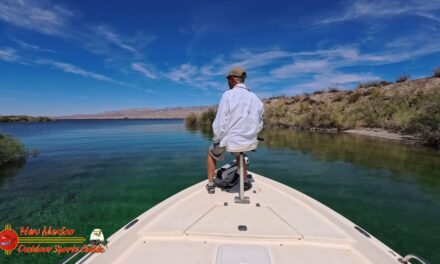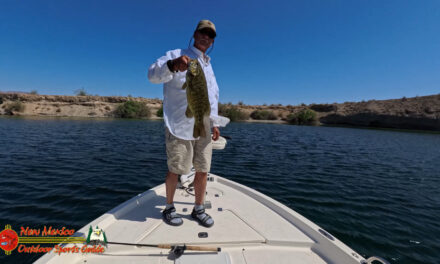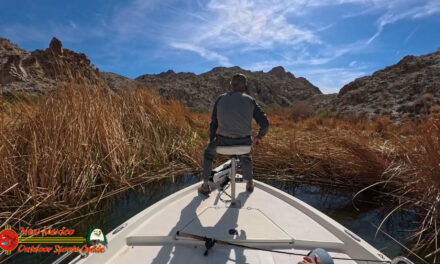AUSTIN, Texas — A couple of isolated and relatively minor active fish kills on Lake Granbury have been traced to elevated levels of golden alga toxins, according to Texas Parks and Wildlife Department officials.
“We could be seeing the beginning stages of an outbreak or it could be some isolated incidents that just go away, there’s no way to tell at this time,” said Joan Glass, an investigator with TPWD’s Kills and Spills Team. “The good news is because of all the recent rains the creeks are all running and there are places for fish to hide and get away from the toxins.”
TPWD and Brazos River Authority staff are continuing to monitor the 8,700-acre impoundment located 30 miles southwest of Fort Worth. According to Glass, water samples pulled from the Ports O’ Call homeowner canal near the dam and from the Bentwater Shores canal near Highway 377 revealed elevated golden alga cell counts. Most of the fish kill has occurred in shallow water near those areas.
At present, Granbury is the only lake in Texas experiencing an active fish kill related to golden alga. “Things are looking good at Possum Kingdom and Lake Texoma and Lake Whitney is also in pretty good shape,” Glass noted. “We’re hoping this event follows the same course as the one we saw on Whitney last November where it just went away.”
First discovered in Texas in 1985, golden alga (Prymnesium parvum) was identified in a fish kill in the Pecos River and has since been responsible for fish kills in the Colorado, Canadian, Wichita, Red and Brazos river systems as well.
This alga releases a toxin that kills gill-breathing organisms such as fish and clams. According to the Texas Department of State Health Services, anecdotal evidence has shown no human health risks associated with golden alga.
Since 2001, golden alga fish kills have occurred on two dozen reservoirs in Texas. Since 1985, nearly 18 million fish have been killed. Although significant numbers of game fish were affected in several areas, most of the fish killed were either forage or rough fish species. – Lake Mohave
– Lake Mohave






